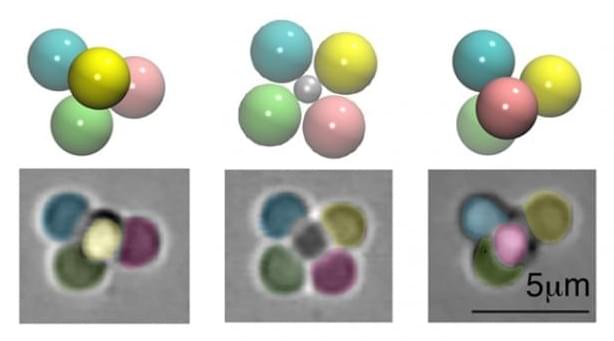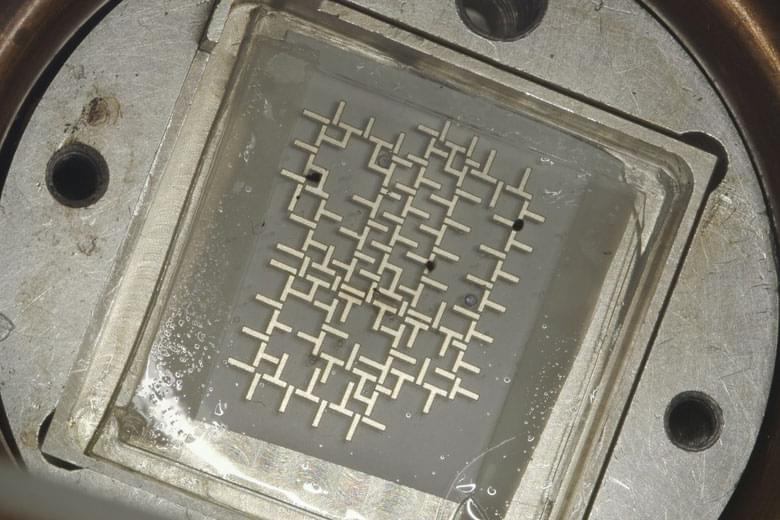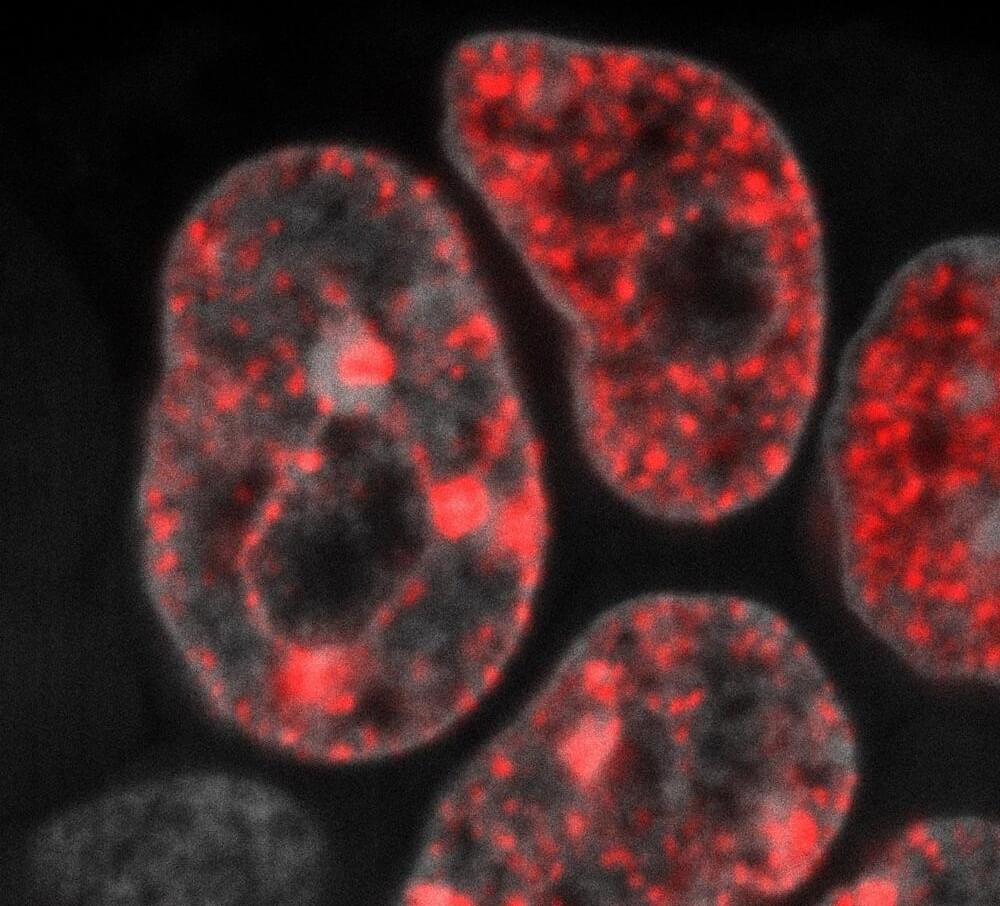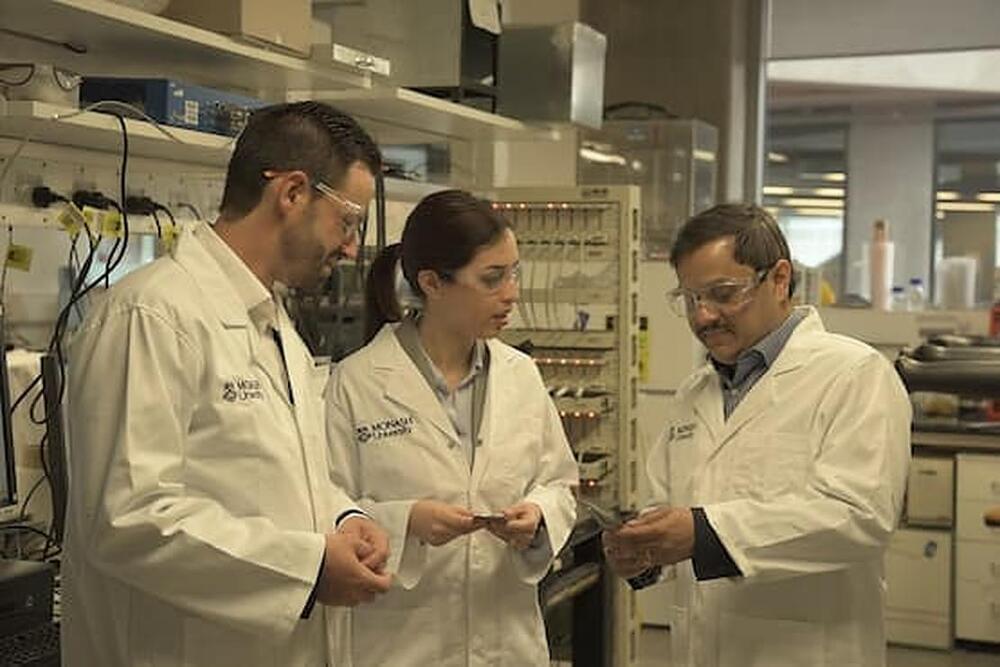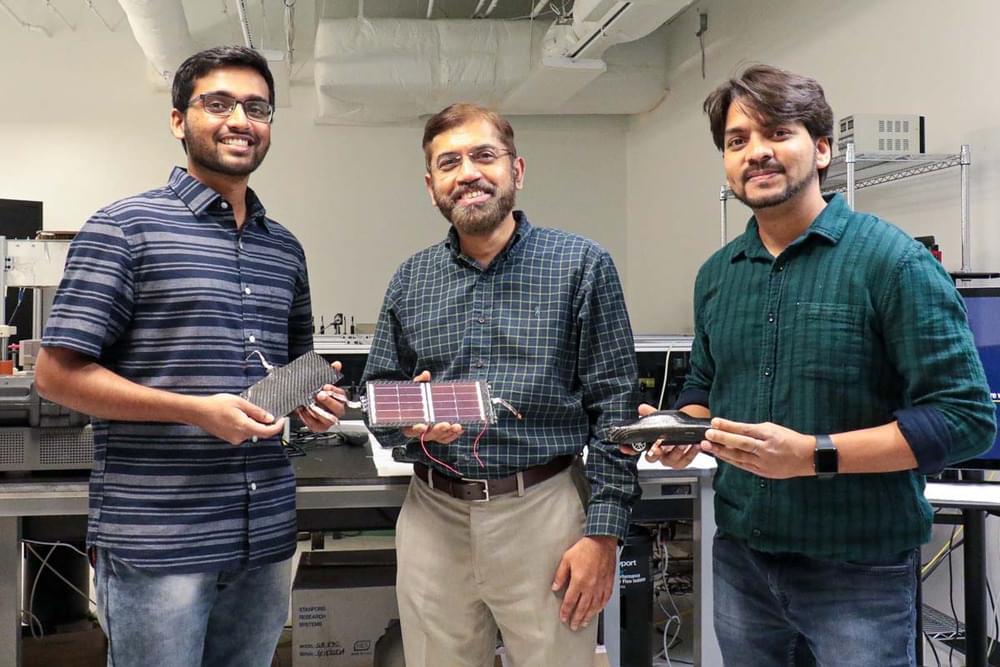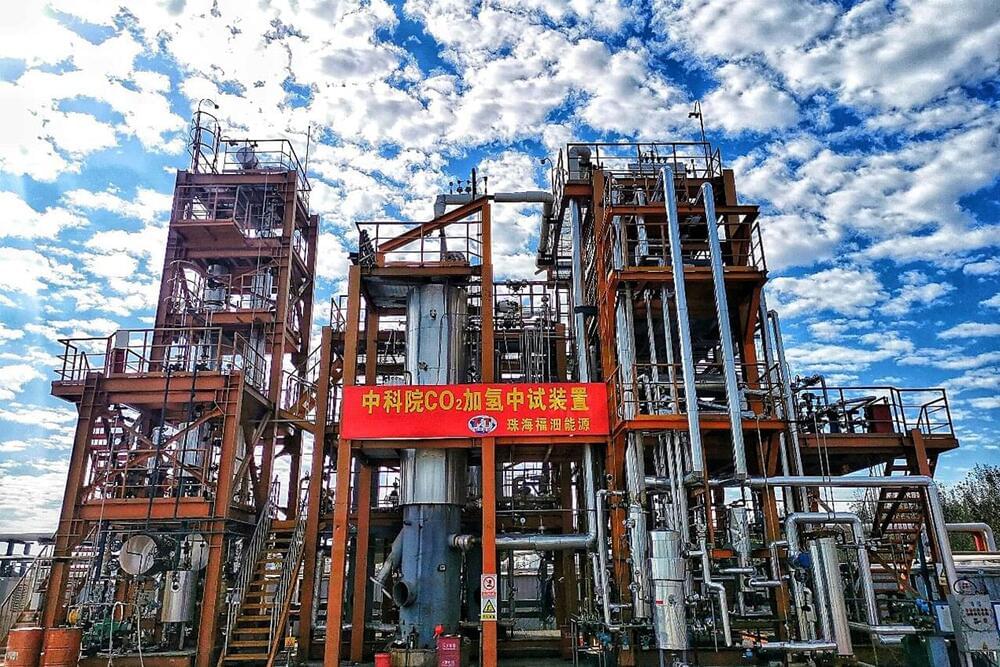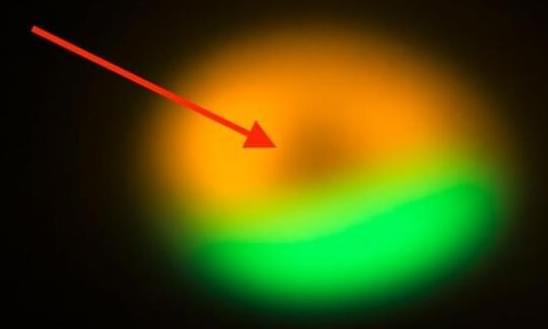Mar 9, 2022
Cellular ‘Rejuvenation’ Experiment in Mice Reverses Signs of Aging, Scientists Say
Posted by Quinn Sena in categories: biotech/medical, life extension
With age comes experience. And with experience come sore backs, tired bones, and increased risks from a large number of diseases.
Scientists have long been trying figure out how to stop these aches and pains in our twilight years, and to make us live longer and healthier lives at the same time.
While it’s likely a long way off from being ready for humans, a new study investigating the long-term ‘partial reprogramming’ of cells in mice appears to have produced some very intriguing results.

